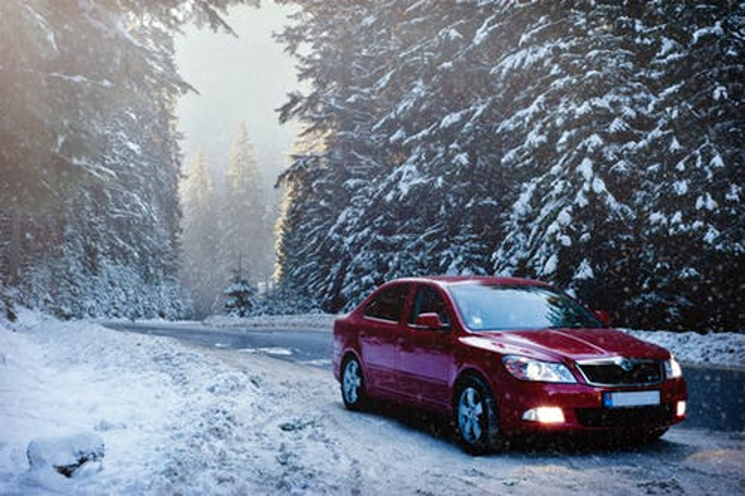
Many people who live in areas where winter brings snow and ice readily agree that winter tires are an essential part of winter preparedness. Others feel like they’re ready to roll in any weather with their premium all-season tires. Who’s right, anyway? Are winter tires really necessary?
Winter tire myths
To answer this question, let’s start by taking a look at 4 common myths about winter tires.
- Myth #1: Traction control on my vehicle will keep me safe.
Fact: Traction control is a valuable safety feature on many vehicles. It’s not a replacement for winter tires, however. As its name implies, traction control is meant to help your vehicle maintain traction and give you control over the car when a tire is spinning. Power is diverted to the other tires to help regain traction. What actually provides the traction, however, is the tire itself, not the traction control system. Thus, the right tires are necessary for the whole process to work as intended.
- Myth #2: I don’t need winter tires because I have anti-lock brakes.
Fact: An anti-lock braking system (ABS) prevents the wheels from locking up during braking, keeping your vehicle from sliding and effectively reducing the distance required to stop. Similar to traction control, however, anti-lock brakes won’t be able to do their job if the tires themselves don’t have the appropriate traction and are unable to grip the road.
- Myth #3: Winter tires aren’t necessary since my vehicle has 4-wheel drive.
Fact: Not to be redundant, but the same philosophy applies here as it did with traction control and anti-lock brakes. Four-wheel drive sends power to all four wheels, but the tires themselves are the star of the show, providing essential traction needed to slow or go.
- Myth #4: I have all-season tires, which means they’re perfect for winter.
Fact: The name “all-season” is a little misleading – it should probably be more like “three-season”. While all-season tires do provide great traction for dry or warm, wet roads, they’re not so great when the temperatures drop. The rubber they’re made out of stays rigid in the cold, instead of being flexible and conforming to the road surface like winter tires. Furthermore, the treads of all-season tires can’t compare to that of winter tires, which are full of extra cuts and biting edges to provide better traction.
Are winter tires really necessary?
So, now that we’ve busted a few myths, it’s time to answer the big question – do you really need winter tires, or not? In actuality, it comes down to where you live and where you drive. If winter driving for you means frequent encounters with icy, slushy, or snowy roads, then yes, winter tires are a great option for improving performance and increasing safety. If not, you may be able to get by with a set of premium all-season tires or tire chains for the rare occasion you encounter winter driving conditions.
Whatever your winter driving conditions are, let us help you with the right tires for your vehicle. Give us a call or schedule an appointment for tire service today!
Schedule My Appointment Now!
